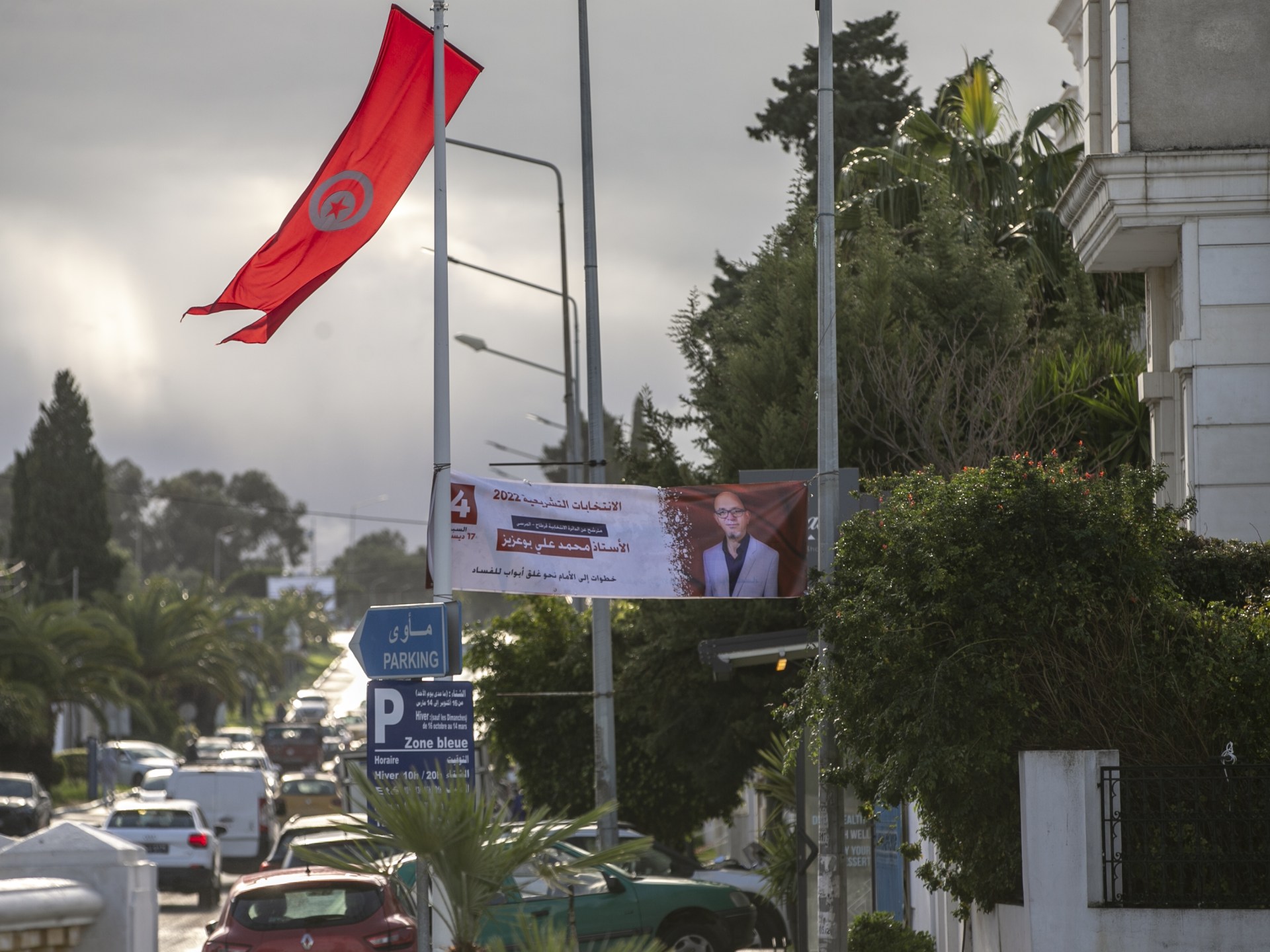Today, Saturday, the voting process begins in the Tunisian parliamentary elections for voters at home, after the Electoral Commission announced that it had recorded a low turnout abroad on its first day.
The European Parliament decided not to send a mission to monitor the Tunisian elections, and said that its decision was based on the decision of the African Court of Human Rights and the report of the Venice Commission, in addition to the political and social developments in the country.
The spokesman for the Independent High Authority for Elections in Tunisia, Muhammad al-Tlili al-Mansari, told Al-Jazeera that the authority was hoping for the participation of international observers, and that the European Union's decision not to send observers to the parliamentary elections would not change the authority's strategy in assigning accreditation to whomever it desires in accordance with legal conditions.
Regarding accusations of lack of impartiality against the Tunisian Elections Authority, Al-Mansari said that it is far from political tensions.
The elections are being held amid a boycott by a number of major political parties and forces. In the most recent situation, the Tunisian Ennahda Movement has renewed its call to boycott the legislative elections.
The movement said - in a statement - that the legislative elections were set according to what it described as a coup and its tools, to enable him to monopolize power and perpetuate individual tyranny, according to the statement.
And she believed that the parliament that will result in the elections will be closer to supporting what the coup authority decides, and without the authority or ability to perform its real role in legislation and oversight.
Participants and boycotts
According to monitoring by Anatolia, the People's Movement (Nasseriyah - 15 deputies in the dissolved parliament) leads the competing party forces in the legislative elections with 86 candidates.
The "Let the People Be Victorious" coalition is running in most of the electoral districts, except for those devoid of candidates, which are 7 districts outside the country.
The legislative elections are boycotted by several parties, namely: Ennahda (53 deputies in the dissolved parliament), Qalb Tounes (28 deputies), the Dignity Coalition (18 deputies), the Tunisian Movement of Irada, Al-Amal, the Republican, the Workers, the Qutb, the Democratic Current (22 deputies), and the Ettakatol. The Democratic Party for Labor and Freedoms, the Free Destourian (16 deputies), and Afaq Tounes (two deputies).
These political forces represent the most important party bodies in Tunisia, according to the results of the 2019 elections.
Saturday's elections are the latest episode in a series of exceptional measures that President Qais Saeed began imposing on July 25, 2021, and was preceded by the dissolution of the Judicial Council and Parliament, the issuance of legislation by presidential decrees, and the adoption of a new constitution through a referendum on July 25, 2022.
Tunisian forces consider these measures a consecration of absolute individual rule, while other forces see it as a correction of the course of the 2011 revolution that overthrew the late President Zine El Abidine Ben Ali (1987-2011).

